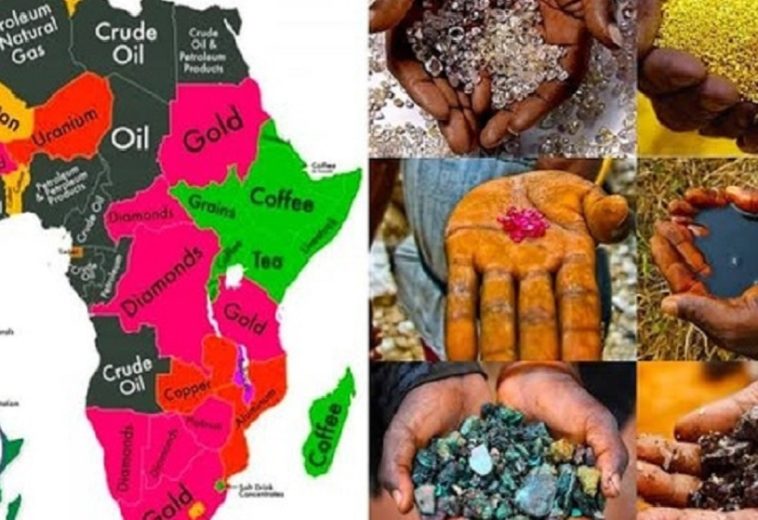For decades, African politics has been dominated by powerful political parties with a strong influence on electoral outcomes. However, recent trends reveal a rise in independent candidates who are breaking away from traditional party structures and gaining significant traction. This shift signifies more than just a diversification of electoral choices; it reflects a deeper transformation within African societies, where citizens increasingly feel disillusioned with political establishments. Independent candidates are emerging as reform agents, emphasizing accountability and community-centric leadership.
The Rising Tide of Independents
Across Africa, countries like South Africa, Senegal, and Kenya are witnessing the increasing popularity of independent candidates who challenge traditional party monopolies at both local and national levels.
South Africa: A New Law and a New Landscape
In 2023, South Africa enacted a groundbreaking law permitting independent candidates to run in national and provincial elections, a shift that could reshape its political future. Previously, the system allowed voters to choose only parties, with seats distributed through proportional representation. However, disenchantment with the ruling African National Congress (ANC), in power since apartheid ended in 1994, has created an opening for independents. With issues like high unemployment, electricity shortages, and economic struggles, independent candidates are seen as viable alternatives to a stagnating political system.
Analysts suggest that the ANC’s vote share may drop below 50% in the upcoming 2024 elections, presenting a pivotal opportunity for independents to gain seats and increase political diversity. This new framework encourages more responsive and accessible representatives, providing voters with meaningful alternatives.
Senegal: Youth and Urban Independents on the Rise
Senegal offers a different model of independent success. Here, urban voters—especially young people—are increasingly drawn to candidates outside traditional party structures, as economic disparities and youth unemployment remain pressing concerns. In the 2022 legislative elections, independent candidates challenged major parties, reflecting a shift toward diverse representation. Many independents campaigned on anti-corruption and job-creation platforms, directly addressing the frustrations of younger voters who are dissatisfied with entrenched party loyalty over genuine public service.
The independent movement in Senegal highlights the power of grassroots activism, which resonates with specific local issues such as employment and transparency. With youth making up a substantial portion of the population, these shifts are likely to continue as more young people demand pragmatic solutions to socio-economic challenges.
Kenya: Independent Candidates Reshaping Local Governance
Kenya has long been a stronghold for independent candidates, especially in local governance. In the 2022 elections, independents performed exceptionally well, securing seats at both county and parliamentary levels and often outshining candidates from major parties. These candidates resonate with voters through community-focused agendas, prioritizing issues like water access, infrastructure, and healthcare improvements.
The success of independent candidates in Kenya underscores the importance of local rather than national concerns. In a country where economic inequalities and access to resources vary widely by region, independents are meeting the demand for region-specific solutions rather than broad, party-driven platforms.
Drivers of the Shift to Independent Candidates
Several factors are fueling the rise of independent candidates across Africa:
Disillusionment with Party Politics: Many established parties face criticism for failing to address enduring issues such as poverty, corruption, and unemployment. Independent candidates, less tied to party loyalty, often focus on pragmatic problem-solving and direct accountability.
Youth Demographics and Engagement: Africa’s predominantly young population is increasingly alienated from traditional party structures. Independent candidates appeal to younger voters, addressing issues such as job creation, technology access, and educational reform.
Accountability and Transparency: Established parties are often seen as disconnected from local needs, prioritizing party loyalty over competence. Independents, in contrast, frequently campaign on platforms of transparency and reform.
Electoral Reforms: Legal changes, such as South Africa’s recent law permitting independent candidates, have broadened political participation and offered voters more diverse choices.
Lessons for European Democracies
Europe’s well-established multi-party systems can glean several insights from Africa’s shift toward independent candidates:
Expanding Choice and Representation: The African experience underscores the value of offering voters options beyond traditional party structures. In Europe, this could help counteract voter apathy and offer greater representation to diverse constituencies.
Focus on Local Issues: African independents often build campaigns around local concerns, fostering stronger connections with constituents. European democracies might benefit from promoting regional representation that addresses immediate community needs over broad national agendas.
Adapting to Youth Expectations: Europe, too, is witnessing a generational shift as younger voters advocate for change on issues like climate action and social justice. African independents have demonstrated the impact of directly addressing youth priorities to reinvigorate political engagement.
Promoting Accountability and Transparency: Independent candidates typically emphasize transparency and accountability. Embracing these values more fully in Europe could restore trust in public institutions and bridge the gap between policymakers and citizens.
The rise of independent candidates in Africa is more than just a fleeting trend; it represents a transformative phase in the continent’s political evolution. As African voters seek change, independents are emerging as credible challengers, offering policies that are often more aligned with local needs. This shift is challenging party monopolies and broadening the democratic spectrum, allowing Africa’s young democracies to evolve in new and promising directions.




